
【Brilliance】Nadine Rasch Primavera Coffee
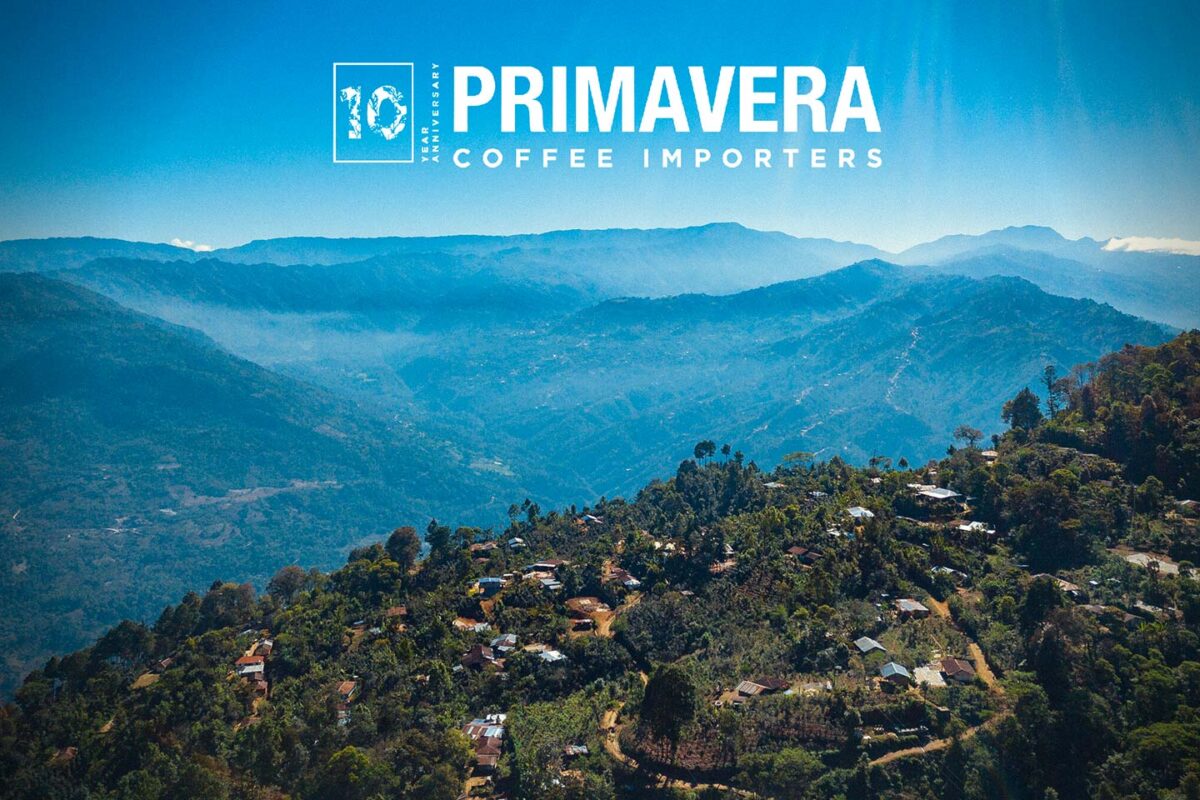
So hello and welcome. My name is Nadine Rasch. And I am the founder of Primavera Coffee. My story with coffee is an interesting one.
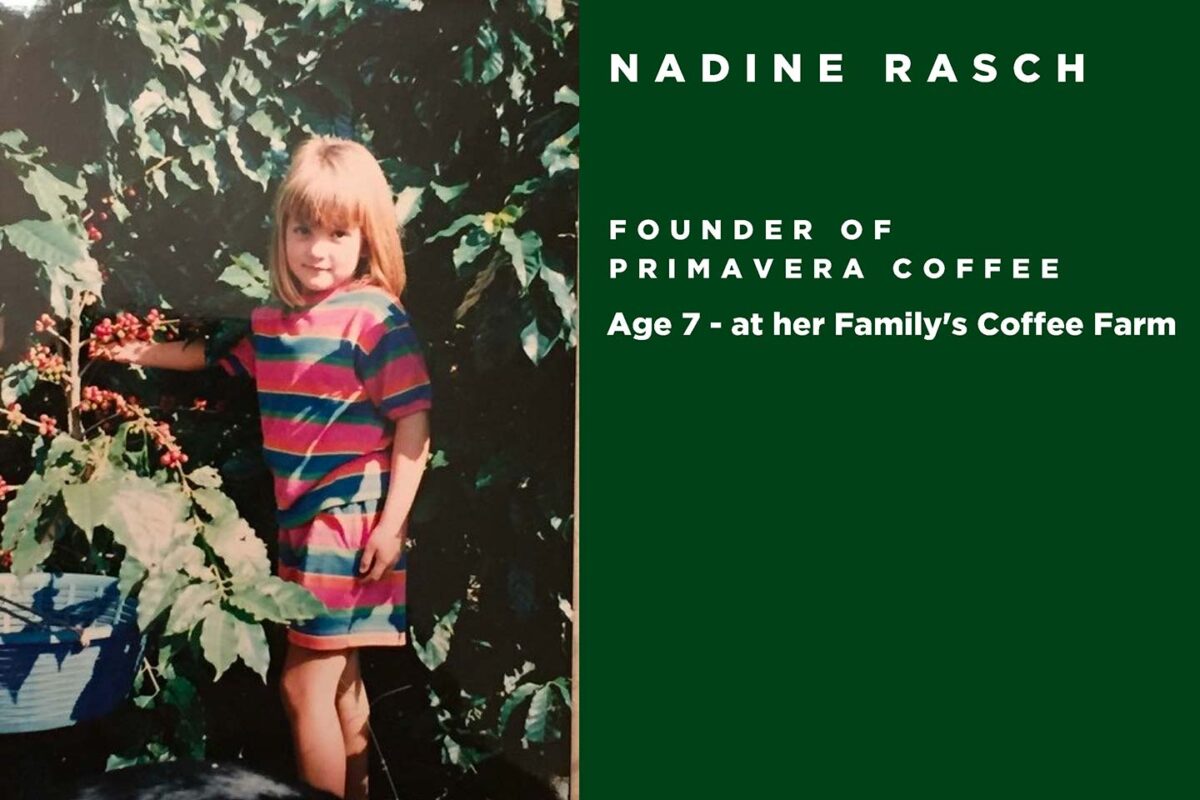
I grew up visiting our family’s farm since I was a kid spent many weekends and holidays around coffee trees. However, I never thought that coffee would become my passion. It took me many years of living in several countries to realize that what I wanted to do was right there in front of me.
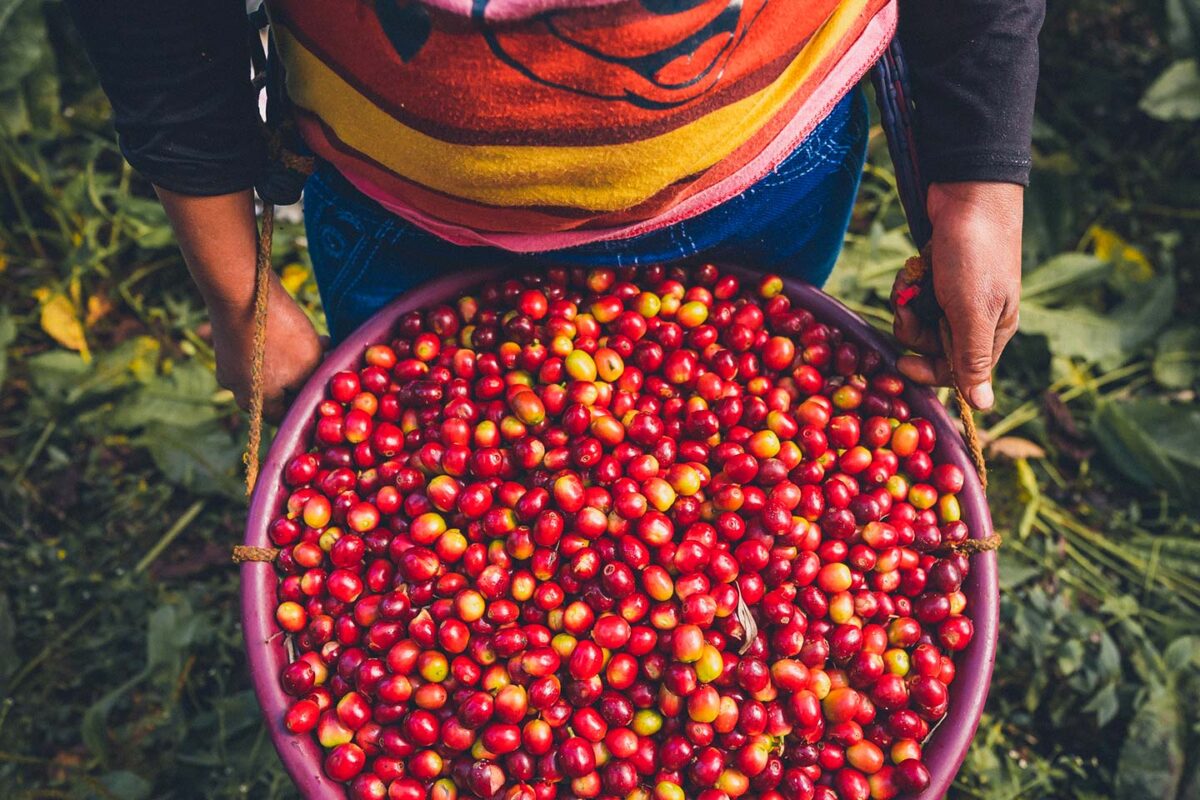
After my studies, I was working at an investment fund when I realized that the way coffee was treated was not completely clear nor fair, especially to the millions of families that spend their life growing this product. It was then when I realized that I could make a difference to coffee growers’ economic sustainability starting in Guatemala, my country.
For an easier economic model, better prices and more direct access to market, I started looking for growers with a passion for coffee and superior qualities that could easily justify the higher prices.
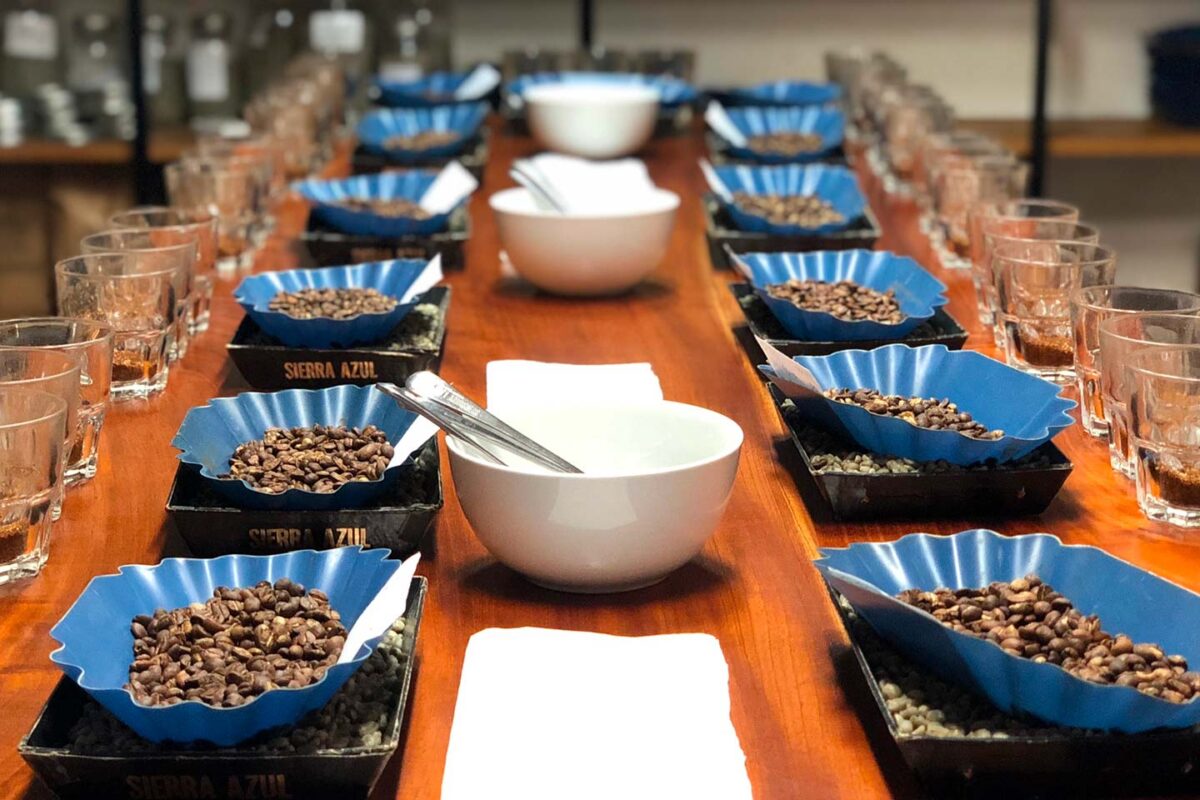
I started during the 2012 harvest working with five producers, including my family’s farm to offer their coffees in the European market. Since then, I have faced many challenges, from building a sustainable business to finding sufficient financing, as well as experiencing discrimination for both being a woman and being young.
Despite that, I keep working hard. It has now been 10 years since the first purchase of coffee. So I’m proud to see the vision and dream come true.
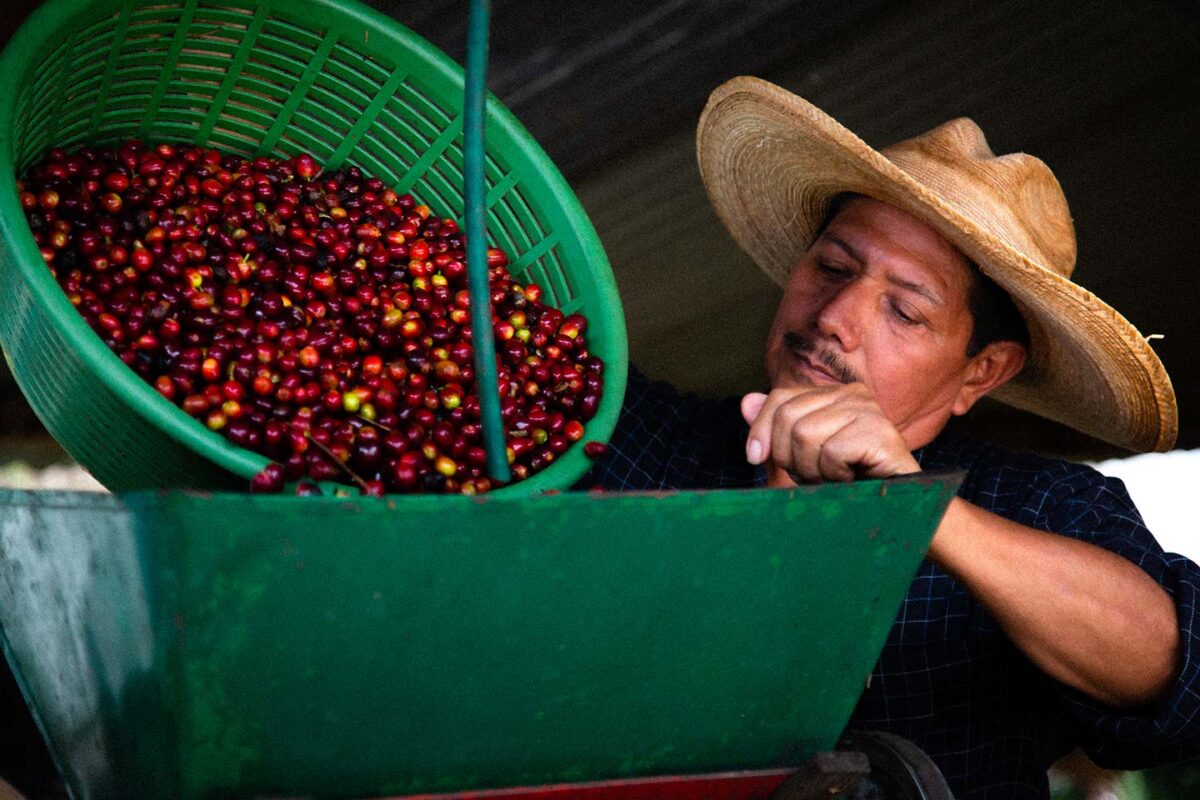
We now work with and represent over 300 families that grow coffee in Guatemala. We give them access to free agricultural education and workshops. We have empowered three groups of female-led coffee initiatives, including one of them focusing on the youth.
We purchase coffee at a fair price that is far above and beyond the market price and give our producers access to selling their coffee transparently to many international markets.
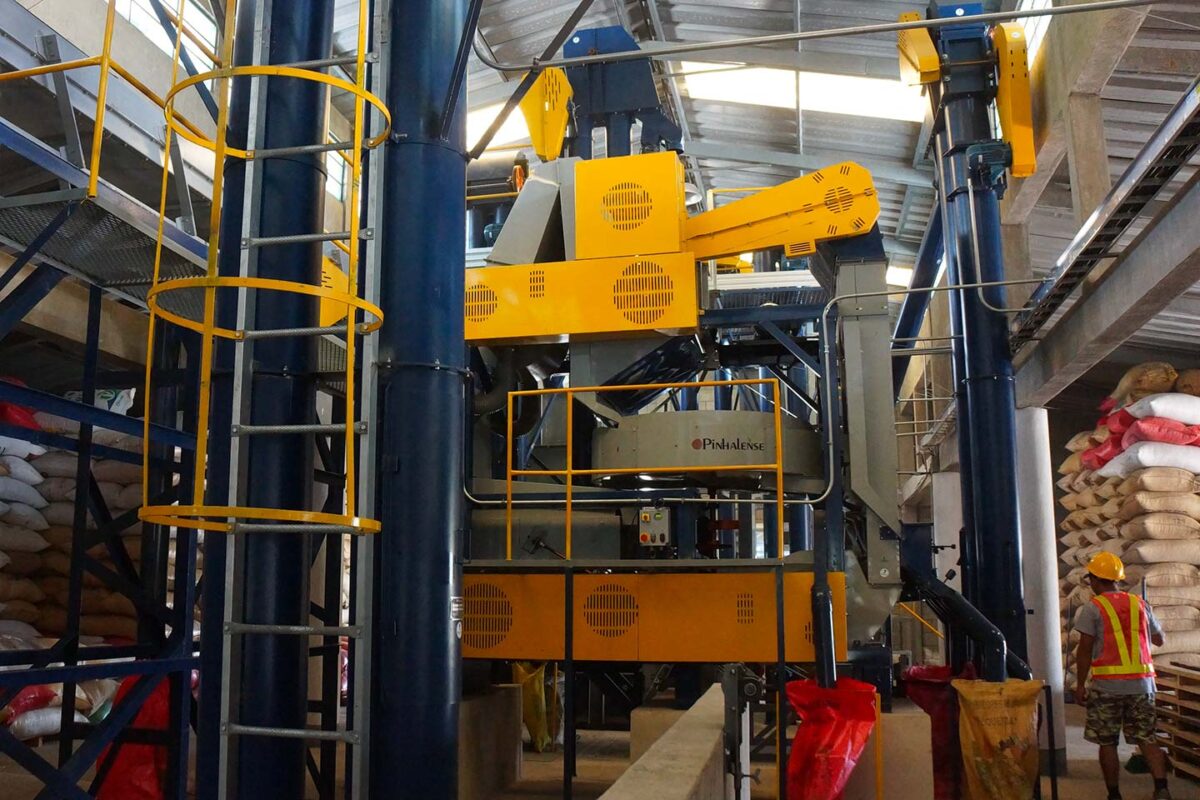
In Guatemala, we also have our own milling facilities and transport to make our supply chain more efficient and cost effective, making sure that we can give back to the producers as much as possible.

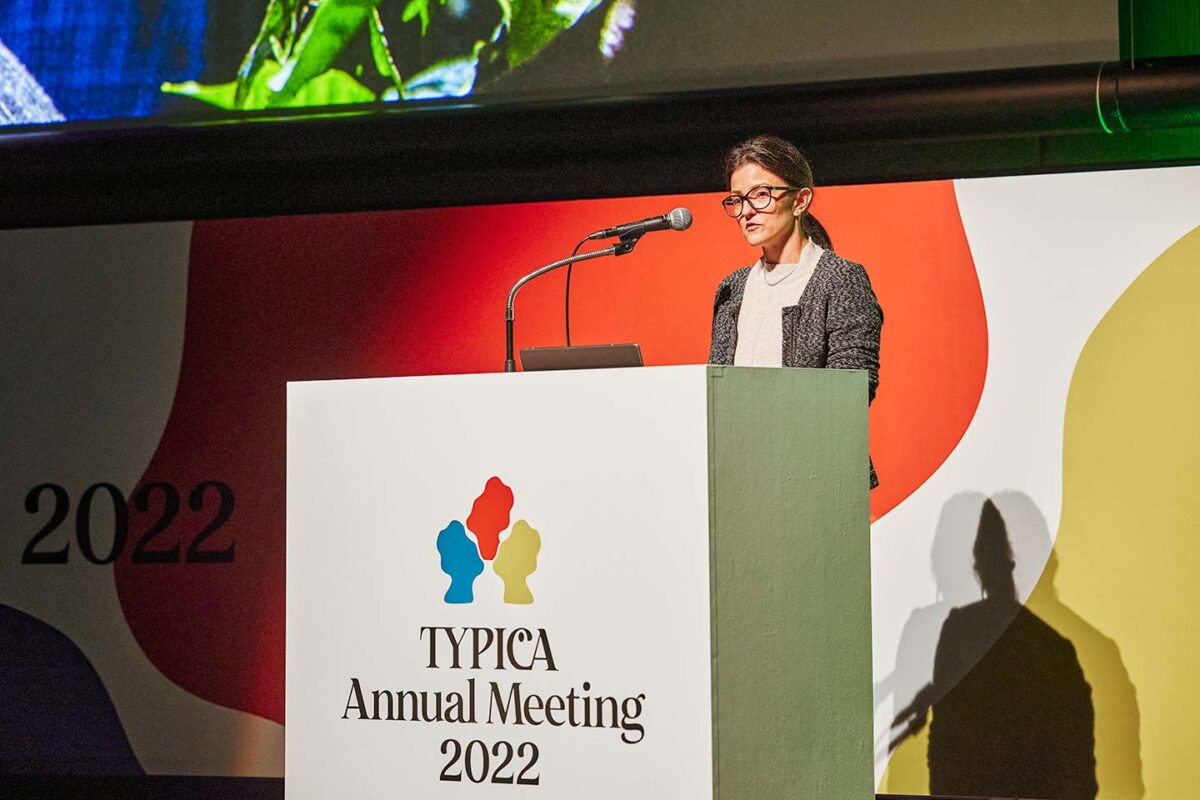
I’m so very excited to be working in partnership with TYPICA. Since they first visited us in Guatemala back in 2020, I knew it was going to be a great relationship.
Over the last couple of days in Japan, I see a culture of honor and respect to coffee like I’ve never seen before. I’m so proud of all of our producers who are continuously improving their quality so that these coffees can be served and presented by roasters all the way in Japan.
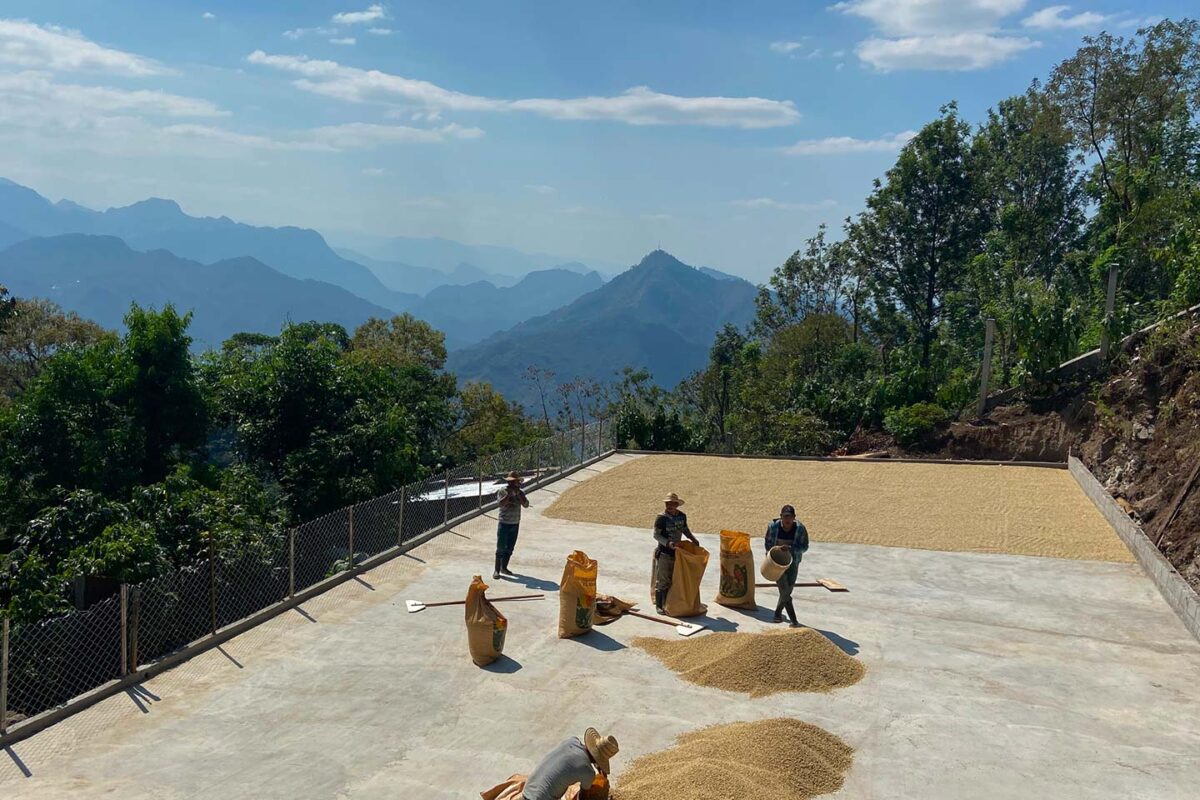
I was asked to reflect back on the 10 years and to express where it currently stands and then look forward to the next years. And currently, the word that describes the feeling that I have is “grateful”.
I’m grateful for all the work that our team and every single person has done in order to make the dream of a more equitable and sustainable coffee value chain possible for Primavera. Thank you to all the producers who grow and process amazing coffees.
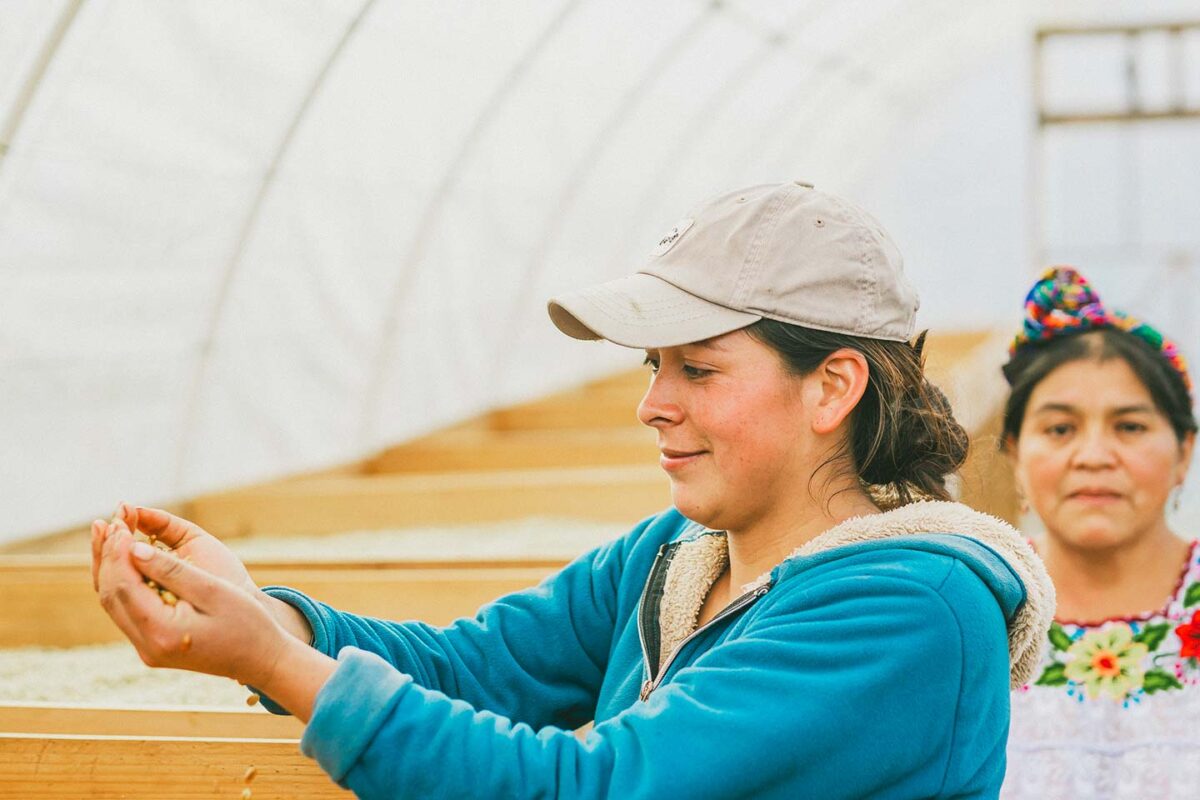
And thank you to our quality control, who cups tirelessly during the harvest, to our milling staff for the tedious work of keeping each microlot separate for the sake of sustainability and traceability. And for our sales team who communicate so beautifully what the coffee represents.
And of course, thank you to all the roasters and importing partners who have trusted us to source their coffee and supply them with their product. For the next 10 years, we hope to reach more families with our work to empower them and to help them grow their own coffee model more sustainably
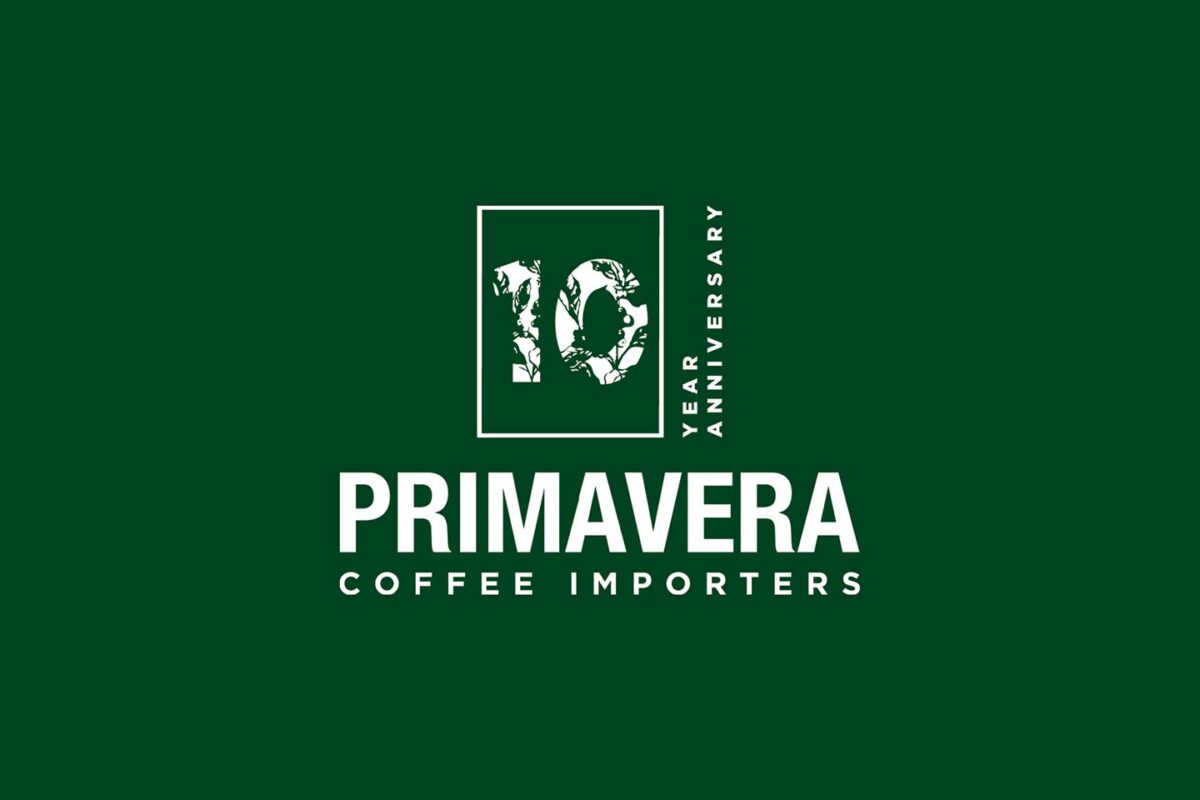
I also want to receive remunerations for their hard work and quality. We would like to continue working in Guatemala and perhaps one day expand our operations to other countries. But for now, thank you for having us here in Japan. It has been such an honor to represent so many of our producers.
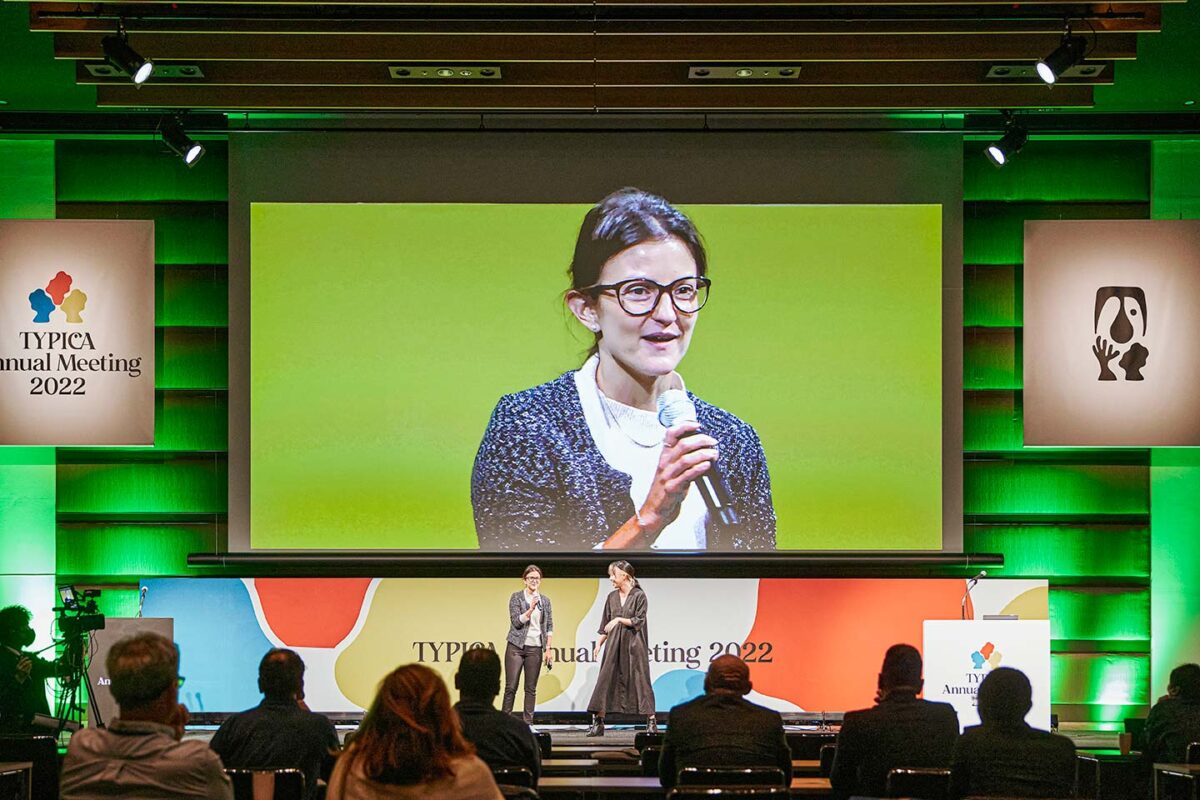
*Q&A
–What was the most difficult thing you had to surpass when you started importing coffee?
At the beginning, I think it was the fact…it was 10 years ago. So I think it was the fact that I was quite young and I don’t know if people really took me that seriously. So I think that was the hardest part. But I was very lucky to have a good team around. They knew how to handle that.
And then it became…I think it was both, like a difficult time but also became a strength because everyone was starting to talk about the girl that came to buy coffee. So I think (it was) both a difficult and challenging situation but at the same time it made me different from everyone else that was purchasing coffee in those locations at the time.
And this year we had a terrible loss of our mill manager in a motorcycle accident. So that was a big challenge that we had this year because it was right in the middle of the harvest.